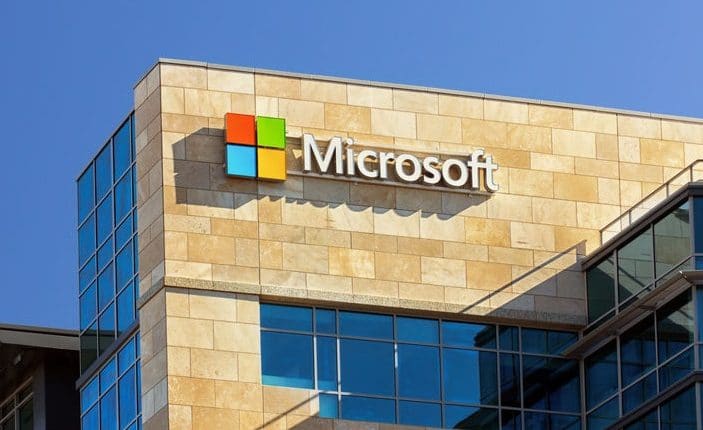Microsoft’s bid to acquire Activision-Blizzard and consolidate its presence in the gaming industry has hit yet another roadblock, and a big one at that. The US Federal Trade Commission has filed an antitrust complaint in a bid to halt the $68.7Bn takeover, which if it goes through, will be the biggest takeover in the history of gaming.
The lawsuit comes after the FTC started looking into the billion-dollar-acquisition amidst concerns that it would enable Microsoft to gain an unfair edge over it’s competitors, namely, Sony, and go on to harm consumers as well. The Commission voted 3-1 to file the lawsuit on Thursday.
“Microsoft has already shown that it can and will withhold content from its gaming rivals,” said Holly Vedova, Director of the FTC’s Bureau of Competition, in an official statement.
“Today we seek to stop Microsoft from gaining control over a leading independent game studio and using it to harm competition in multiple dynamic and fast-growing gaming markets.”
This development marks the latest action taken by the FTC to rein in the hitherto unchecked reign of Big Tech, who have been known to circumvent laws with often predatory and anti-competitive practices. It also adds to the headache that Microsoft is already facing regarding its acquisition of Activision-Blizzard, which was announced this January and has faced one stumbling block after another since then.
Should Microsoft successfully seal the deal and acquire Activision-Blizzard for $68.7 billion, then it will be elevated into one of the top three gaming companies in the world, and the largest that is headquartered in the US.
Moreover, it would mean that the scales would tip significantly in Microsoft’s favour as the company would be able to “suppress competitors to its Xbox gaming consoles and its rapidly growing subscription content and cloud-gaming business.”
“We continue to believe that this deal will expand competition and create more opportunities for gamers and game developers,” Brad Smith, Microsoft’s vice chair and president, said in a statement. “We have been committed since Day One to addressing competition concerns, including by offering earlier this week proposed concessions to the FTC. While we believed in giving peace a chance, we have complete confidence in our case and welcome the opportunity to present our case in court.”
The proposed takeover has ruffled more than a few feathers and attracted regulatory scrutiny because Activision-Blizzard has rolled out several iconic and well-loved video game titles such as Call of Duty, World of Warcraft, Diablo, and Overwatch. These games are playable across multiple devices – such as consoles, PCs, and smartphones, and Microsoft will have access to Activision-Blizzard’s considerable user base in case of a successful takeover.
And with Activision-Blizzard and its gaming titles in its arsenal, FTC noted that Microsoft will have “the means and motive to harm competition by manipulating Activision’s pricing, degrading Activision’s game quality or player experience on rival consoles and gaming services, changing the terms and timing of access to Activision’s content, or withholding content from competitors entirely, resulting in harm to consumers.”
In other words, Microsoft can make several of these popular titles exclusive to Xbox, which could draw players away from other platforms – such as PlayStation – and prove to be a greater source of revenue. Sony, one of Microsoft’s competitors in the gaming industry, has been vocal about these very concerns and has opposed the takeover alongside scrutiny from regulators in the UK and EU.
Microsoft, for its part, continues to try and appease regulators and not discontinue Activision-Blizzard’s titles, such as Call of Duty, from other consoles – it even reached an agreement to bring the popular series to Nintendo devices for a period of ten years.
However, its word is shaky on the matter, given that it went back on its word earlier when it acquired ZeniMax, the parent company of popular gamemaker Bethesda Softworks. It made several of Bethesda’s popular gaming titles, such as Starfield and Redfall, exclusive to Microsoft and Xbox, despite earlier assurances to the contrary.
The Tech Portal is published by Blue Box Media Private Limited. Our investors have no influence over our reporting. Read our full Ownership and Funding Disclosure →






